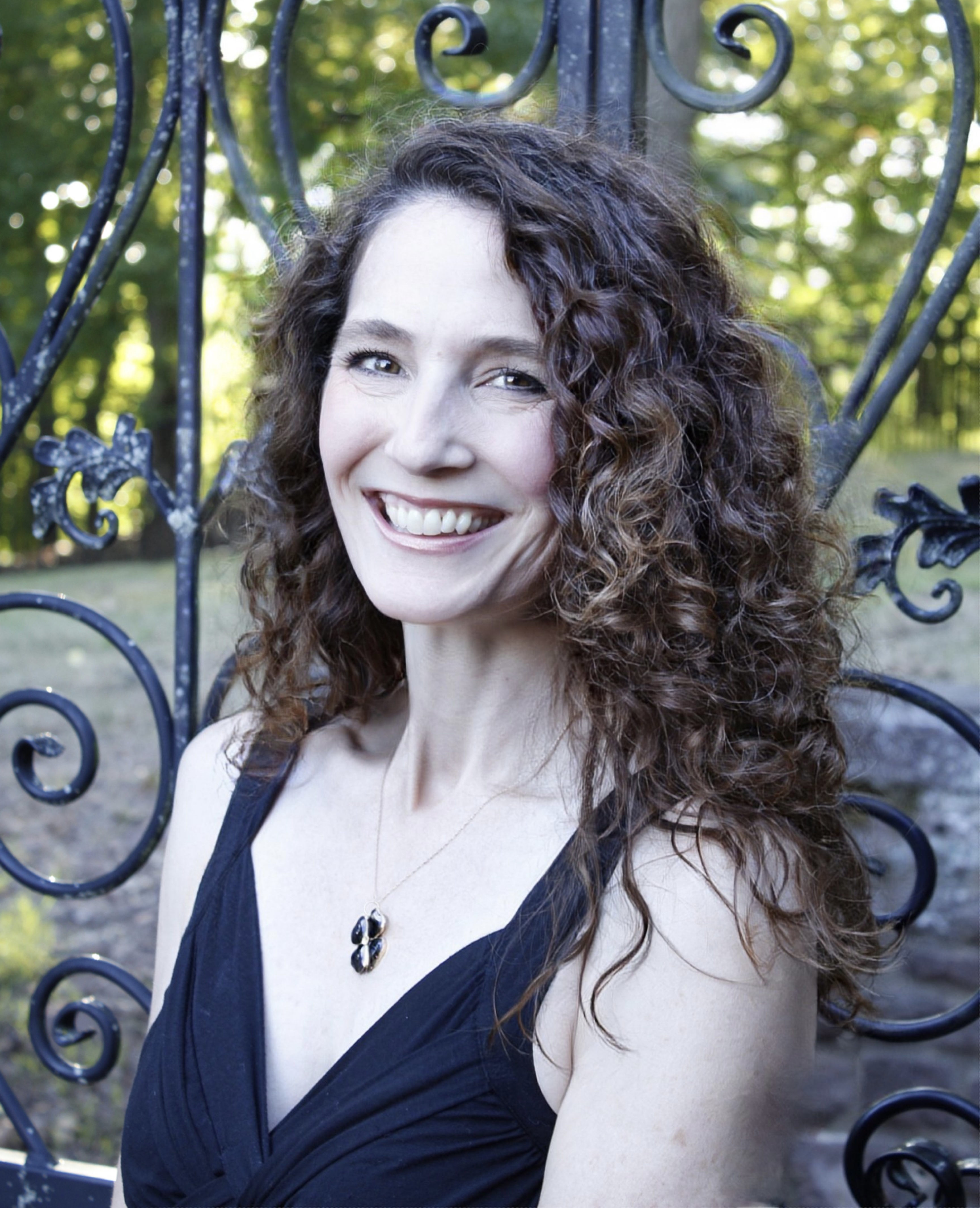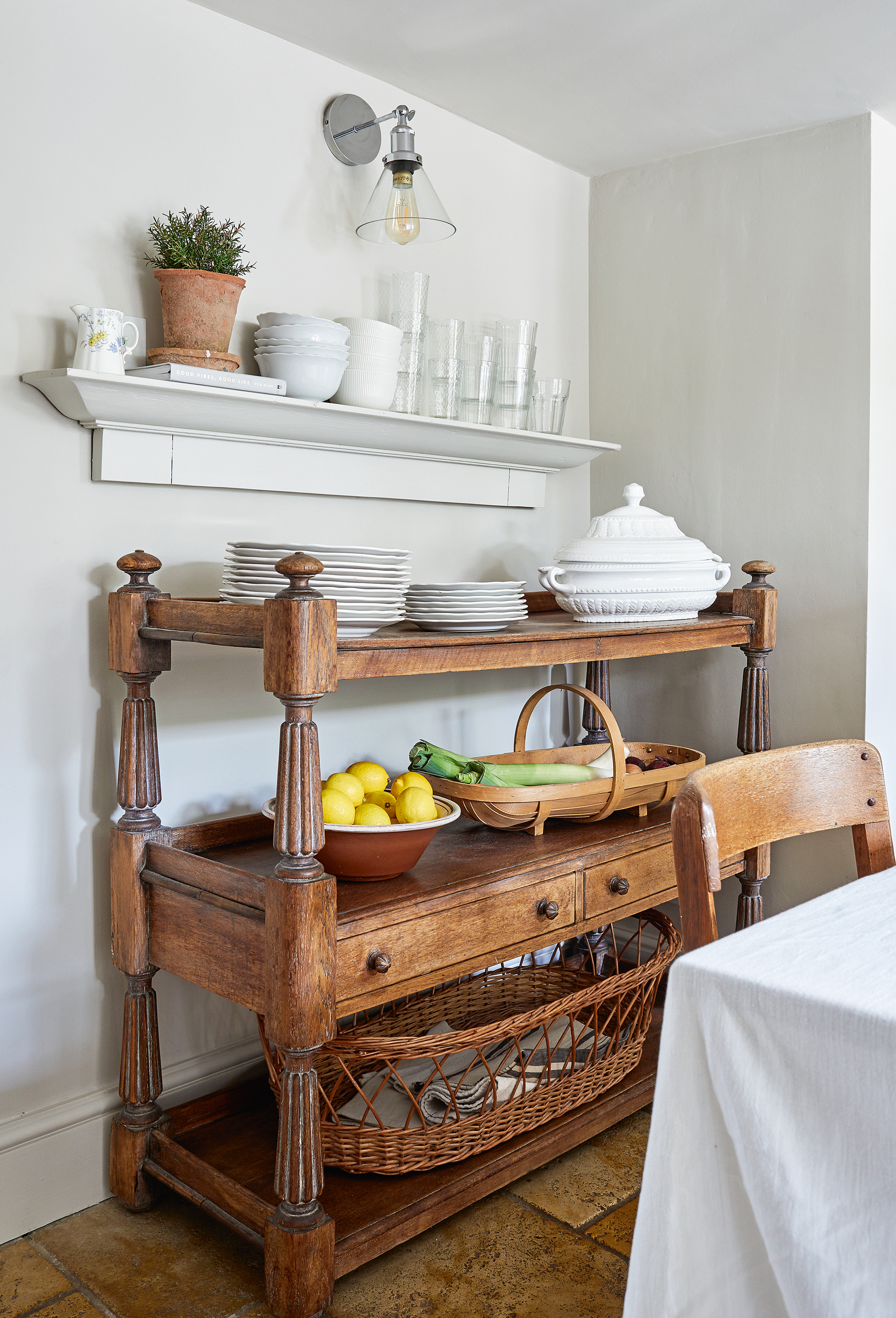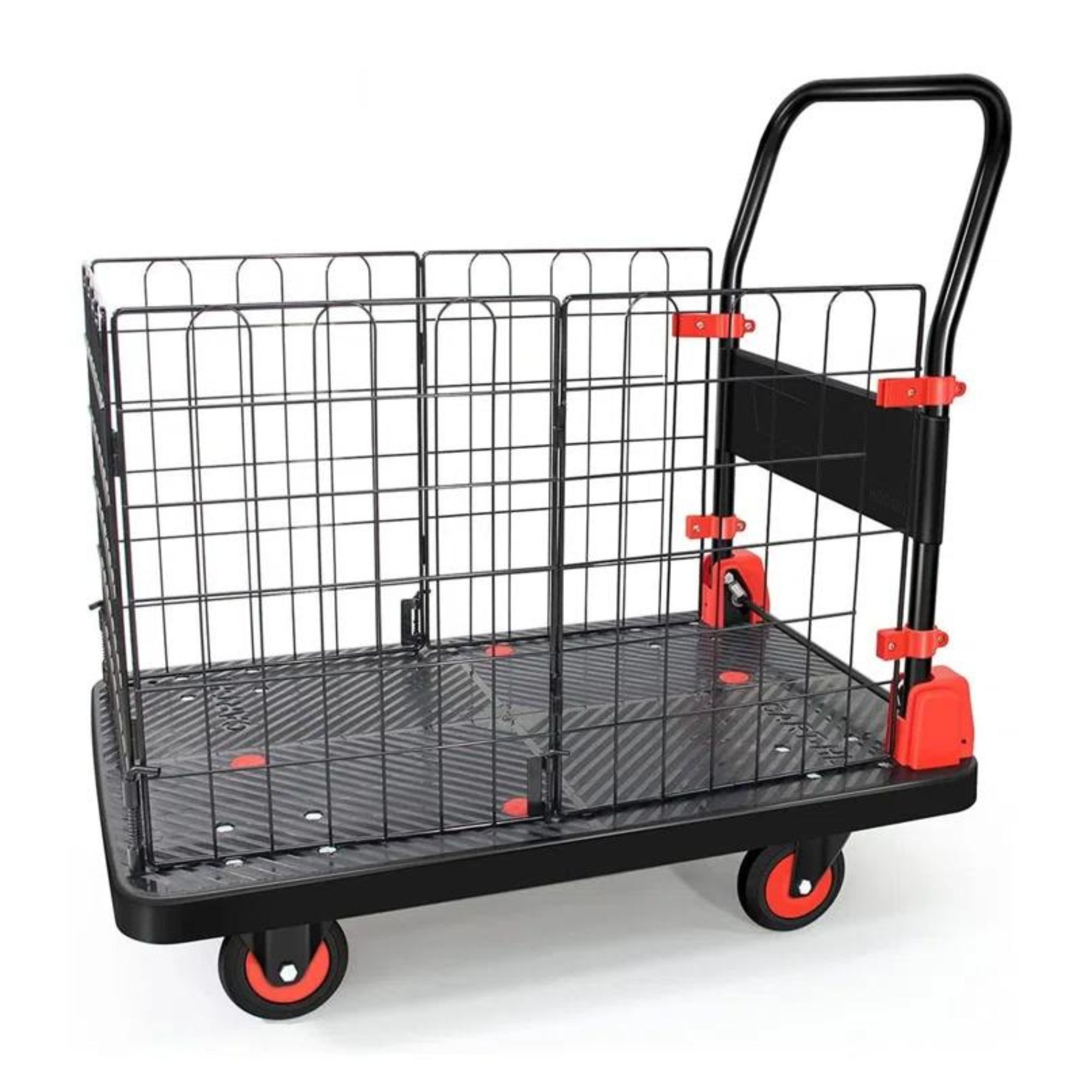Experts share their secrets for separating trash from treasure at an estate sale
What to take home and what to leave behind? Here's how to shop wisely at an estate sale, according to experts


Design expertise in your inbox – from inspiring decorating ideas and beautiful celebrity homes to practical gardening advice and shopping round-ups.
You are now subscribed
Your newsletter sign-up was successful
Want to add more newsletters?

Twice a week
Homes&Gardens
The ultimate interior design resource from the world's leading experts - discover inspiring decorating ideas, color scheming know-how, garden inspiration and shopping expertise.

Once a week
In The Loop from Next In Design
Members of the Next in Design Circle will receive In the Loop, our weekly email filled with trade news, names to know and spotlight moments. Together we’re building a brighter design future.

Twice a week
Cucina
Whether you’re passionate about hosting exquisite dinners, experimenting with culinary trends, or perfecting your kitchen's design with timeless elegance and innovative functionality, this newsletter is here to inspire
Shopping at an estate sale is an experience unlike any other. It can be somewhat like shopping at a high-end furniture store, except every item is one-of-a-kind. It can also resemble shopping at an antique store, except that you may find items mixed and matched from different eras.
Sometimes, shopping at an estate sale can be akin to striking gold: you may walk away with the find of a lifetime. Other times, you'll only find items you shouldn't purchase at an estate sale and walk away with nothing.
How do you learn to separate trash from treasure? Practice makes perfect, but a few top estate sale tips from vintage decor experts will help steer you in the right direction.
1. Arrive early

'It's essential to arrive early, as the best items can go quickly, especially on the first day,' says Anne Goldenbaum of GoldenTree Estate Services. Arrive too late at an estate sale, and you may find that you are scraping the proverbial barrel for items worth your money.
Some estate sales experts will offer online catalogs for their sales. This is in many ways a blessing because it gives you time to browse a sale at your own pace and think about what you might want to buy. However, the convenience of a preview comes with a downside: other shoppers will have the same idea. If your heart is set on a specific item, Anne recommends asking the staff at the estate sale for assistance in locating the item ‘to ensure you have the first opportunity to grab it.’
Don’t worry: you won’t find yourself in the middle of a Black Friday-style stampede, but value and unique items may well attract the interest of multiple buyers - that’s something to be aware of.
Top tip: If you’re after larger items such as furniture, ‘ask to have them marked as sold while you continue browsing to prevent someone else from snagging them.’
Design expertise in your inbox – from inspiring decorating ideas and beautiful celebrity homes to practical gardening advice and shopping round-ups.
2. Don’t rush

It’s not always easy: estate sales are treasure troves of unique items and can be difficult to keep a cool head. The pressure of being around other buyers may also go to your head, leading you to make a rash purchase. Anne acknowledges that ‘estate sales can be fast-paced’, but insists that ‘it's worth pausing to ensure you're making informed decisions. This way, you can avoid any regrets later on and make the most of your estate sale finds.’
How do you do this? Always pause before buying an item. ‘Take your time and inspect all the items you are considering purchasing. Look closely for any signs of damage, missing pieces, or issues that might not be immediately apparent,’ recommends Anne.
If you are after a particular brand or make of item, make sure it is a genuine article by checking for appropriate labels, stamps, or other identifying features. If you are in any doubt about an item, walk away, or at least voice your concerns to the sales staff.

Anne Goldenbaum is co-owner of GoldenTree Estate Services in Bucks County, PA with her daughter, Morgan Goldenbaum. Anne blends her passion for unique finds with real estate expertise to offer seamless estate liquidation and property services.
3. Take your smartphone with you

Your smartphone truly is your friend at an estate sale. Jennifer L. Prince, an antique and vintage dealer and owner of It's Found Vintage, always brings her phone to an estate sales points out that ‘a quick Google search has alerted me to items that are worth more—or less—than the estate sale price.’
Google search can also be useful if you’re unsure about the authenticity of an item as you can quickly find examples of what an authenticity marker on a particular item should look like.
4. Buying art? Know how to spot a reproduction

There’s nothing wrong with buying reproduction art per se; the problem is the original art price tags that are sometimes found on what essentially are fancy prints of original artworks.
So, how do you spot a fake? Nora Curl, Antique and Appraisals Expert, advises checking for the artist's signature at the lower corners of the artwork as the essential first step. Additionally, she recommends looking out for ‘any other clues that may indicate the work is a print reproduction and not an original, such as IBM Art or Turner Art Manufacturing labels on the backside, museum gallery labels, and tiny R in circle copyright symbols on the front corners of a picture image.’
Some reproductions are very well done by hand or ‘are reprinted on texturized board or varnished over the surface to look like brush strokes on an original painting.’ If you’re not an art expert you may have a hard time distinguishing these fancy reproductions from the genuine article. The rule of thumb here is that if it’s too good to be true, it probably is. If an estate sale is selling a ‘‘Picasso’’ for $100, it’s almost certainly a reproduction.
If you’re shopping for a regional or local artist, it may be worth asking the estate sales staff if the item has been cleared as authentic or if they’d be open to having it evaluated by an expert.
5. Remember that estate sales are subjective
Estate sales expert and owner of The Discerning Eye Rebecka Atwell reminds prospective shoppers that ‘‘trash’’ and ‘‘treasure’’ are highly subjective labels: ‘'Just because you may find something of value, it may be worthless to someone else.’
It all depends on what you are looking for; sometimes you may not even know what you are looking for, which can be a good thing. Jennifer Prince recommends going to an estate sale ‘with an open mind’: ‘Because you're typically looking at someone's entire home, you will find everything from practical light bulbs and extension cords to unique one-of-a-kind paintings and furniture pieces.’
Even if a painting isn’t by a renowned painter, all that matters is whether it speaks to you. Would it fit perfectly on your feature gallery wall? Furniture and glasswork equally don’t need to be made by famous brands if they’re of good craftsmanship and in good condition. If you are prepared to be surprised and delighted, you may well have a better time at an estate sale than if you are after very specific items.
5. Don’t overly focus on the presentation of an estate sale

Which leads us to our final point, about the different atmospheres and presentation styles at different estate sales. Some estate sales are very carefully curated, with items meticulously sorted and artfully presented. Others are much more relaxed about their presentation style, leaving buyers to sort through the contents.
The truth is that neither type of estate sale is inherently better or guaranteed to have what you like. Rebecka Atwell says that ultimately the main factor at play here is individual preference: ‘‘some may be willing to spend hours in a dank basement sorting through tubs of assorted items (similar to the Goodwill bins) to find that one thing. Others prefer to visit a well organized sale void of those scenarios. You can still find something amazing in both.’’
FAQs
How do I get a bargain at an estate sale?
The trick here is timing. The closer you are to the end of the estate sale the better chance you have of getting items at a discount. For this reason, Anne Goldenbaum urges potential buyers not to overlook the last day of the sale ‘as discounts can be as high as 50% off, making it a great time to score bargains.’
And if you want an even better deal, ‘consider buying in bulk.’ An estate sale host may well be amenable to giving you a discount on multiple items, especially if you are buying a lot of smaller items like dinnerware and glassware.
Can I negotiate prices at estate sales?
You have to be careful here and know a bit about the sale before going in. Nora Curl tells us that ‘since the purpose of an estate sale is usually to clear out a home or space in a short amount of time, most items are already priced well below value.’ For that reason, ‘haggling is not really done at estate sales.’
Having said that, Nora does recommend shopping on the last day of an estate sale if you’re after a bargain since ‘most estate sales cut their prices by at least half on the last day.’
This goes for estate sales managed by true estate sales companies. If you are shopping at one run independently by a family member, the rules may be less strict, explains Jennifer L. Prince: ‘you'll have more luck when you're dealing with the owner of the item.'
Finally, Anne Goldenbaum reminds us that ‘it's important to respect the purpose of estate sales, which is to benefit families.’ It’s best to be modest with any price negotiations and ‘be mindful of not undervaluing items.’
If you love vintage decor and are searching for unique one-off items to furnish your home, you may find it helpful to learn how to shop for vintage furniture like a pro. It's also a good idea to turn your attention to online websites like eBay and Etsy to grab a bargain.

Anna is a professional writer and academic. She taught English Literature for several years before joining Future where she wrote for Real Homes, Homes & Gardens and Livingetc for four years. She is a regular contributor for Parade Home, BiggerPockets, and many other publications. In her spare time, Anna enjoys hiking and gardening.
